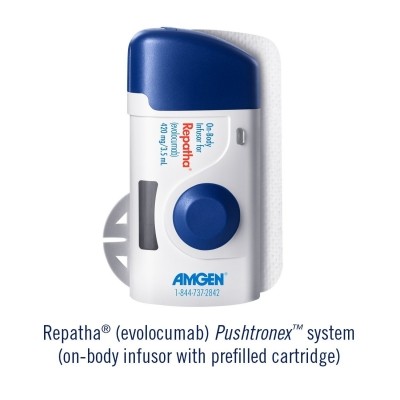Roche getting under the skin of biosimilar competition

For over a decade, the monoclonal antibody products Herceptin (trastuzumab) and Mabthera (rituximab) have clocked in annual sales above 1bn CHF ($1bn) for Swiss pharma firm Roche, and last year contributed over 12bn CHF – or 33% - to the firm’s pharmaceutical division’s topline.
But with both these recently losing their exclusivity in a number of major markets, Roche faces competition from biosimilar versions and is turning to subcutaneous reformulations of the drugs as part of its strategy to limit sales erosion.
“In addition to the all the new medicines we have coming out, the subcutaneous strategy is continuing to progress well as another pillar, if you like, to the entrance of biosimilars,” CEO Roche Pharmaceuticals Daniel O’Day told investors on last week’s conference call to discuss the firm’s second quarter 2016 results.
Administering biologics under the skin rather than through intravenous infusions can reduce delivery times dramatically – seven minutes compared to two-and-a-half hours for Mabthera, for example – without compromising safety or efficacy.
Herceptin SC is present in 53 markets and Roche is seeing an average share of 47% O’Day continued, though five or six countries are seeing over 70% of patients now on the subcutaneous form.
“This continues to be a real benefit for patients and healthcare systems, and that is why I think we see these conversion rates.”
Mabthera – known as Rituxan in the US and marketed by Biogen - has also gained a number of regulatory approvals, with a second European indication added in May, but he admitted this was “a little bit late in terms of its penetration.”
He added Mabthera SC is “now at an average share of around 35% with more to grow between now and the entrance of biosimilars.”
Mabthera lost its US exclusivity in December last year, two years after the biologic expired in Europe. Herceptin – which came off patent in the EU in July 2014 – does not lose its exclusivity in the US until June 2019.
Roche’s rheumatoid arthritis mAb Actemra (tocilizumab), which clocked in worldwide sales of 1.4bn CHF last year, is also being produced in a subcutaneous version which has a market share of around 36%.
The Swiss giant is among a number of biopharma companies looking to extend the lives of their blockbusters by developing new formulations or device-combinations for their biologics.
















